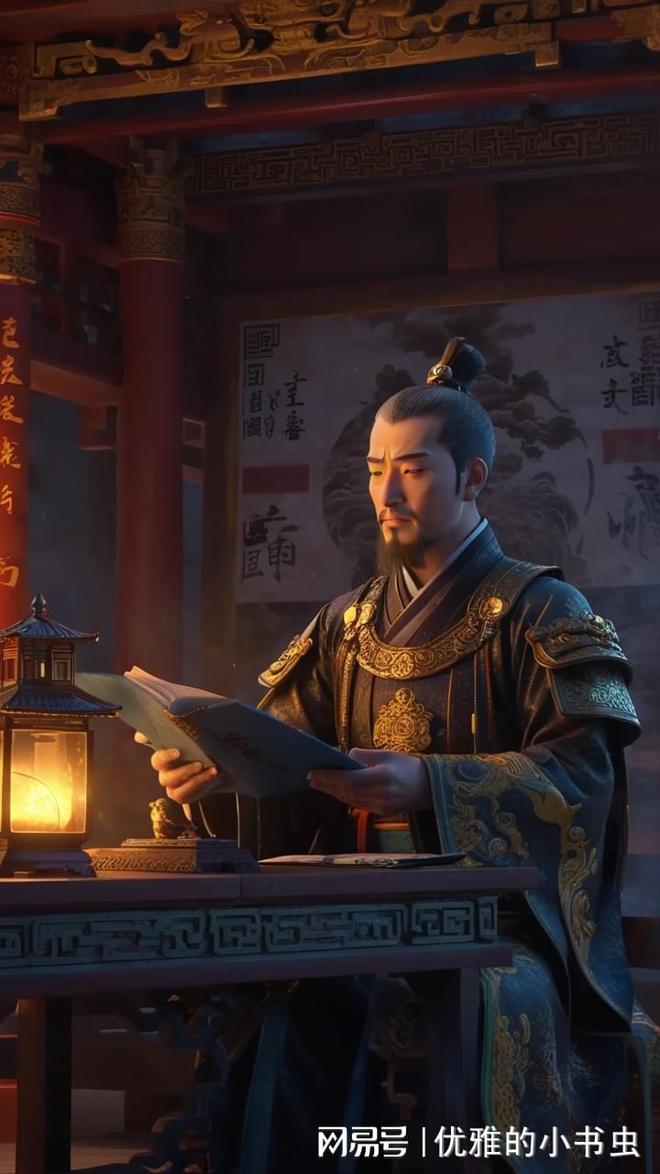Since ancient times, people’s perception of a person has often been influenced by other factors, such as their views on Emperor Xuanzong of Tang, Li Longji. Perhaps it is because the love story between him and Yang Yuhuan in folklore is so dazzling that many people overlook it. As an emperor, love is secondary, and what is truly important is what he did to the country at that time. So, aside from emotional history, what kind of person is Li Longji? Below, the history encyclopedia editor will bring you a detailed introduction. Let’s take a look together!
Emperor Xuanzong of Tang Dynasty, also known as Emperor Minghuang due to the prominent character “Ming” in his posthumous title, was the third son of Emperor Ruizong of Tang, Li Dan. His surname was Li and his given name was Longji. He reigned from 712 to 756 AD, ushering in the peak of the Tang Dynasty. However, since then, the Tang Dynasty has also declined, starting from the An Lushan Rebellion and gradually declining.
When Li Longji was born, it was during the reign of Empress Wu Zetian, a high-ranking official. Therefore, he experienced complex palace changes as a child, which may have prompted him to develop a strong willed personality. He was very ambitious when he was a child, and he called himself “Amun” in the palace. Although he was not valued by the ruling Wu clan, he still had his own opinions in every word and action.
After the death of his grandmother Wu Zetian, Emperor Zhongzong was weak and incompetent, and as a result, the political power in the court fell into the hands of Empress Wei and Princess Anle. Zhang Jianzhi, the hero and prime minister who had launched a coup to restore the Tang Dynasty, was also demoted and expelled by them, and Crown Prince Li Chongjun was killed. Emperor Wei followed the example of Empress Wu Zetian and allowed his brother Wei Wen to hold great power. He did not stop his daughter Princess Anle’s illegal sale of official titles and indulged her greatly. In 710 AD, Emperor Zhongzong finally died at the hands of Empress Wei and Princess Anle, who conspired to poison him. Then, Empress Wei wanted to learn from her mother-in-law Wu Zetian and become the second empress.
The main opponent of Princess Taiping was Crown Prince Li Longji. At first, she didn’t take him seriously and thought he was still young, but later she learned about Li Longji’s bravery and decisiveness and began to guard against him. She created public opinion that Li Longji was not the eldest son, not qualified to be the crown prince, and could not inherit the throne. The purpose of Princess Taiping is to abolish Li Longji’s status as crown prince and pave the way for herself to become a female emperor in the future.
Tang Xuanzong not only had a keen eye for recognizing virtuous officials, but also carried out reforms to improve the efficiency of bureaucratic institutions. He took many effective measures, firstly, streamlining the organization, cutting off redundant officials, and eliminating many useless officials since Wu Zetian, which not only improved efficiency but also saved government expenditure. Secondly, establish a strict assessment system and strengthen the management of local officials. In October every year, inspectors are sent to various places to inspect public affairs, rectify illegal officials, and severely punish those who do not slack off. Thirdly, restore the system of remonstrators and historians participating in the Prime Minister’s Meeting. This was originally a system during the reign of Emperor Taizong of Tang, which allowed remonstrators and historians to participate in discussions of national affairs and supervise government affairs.
After making sufficient preparations, the Tang Dynasty gradually regained control of Yingzhou and other areas, and the Khitans and other ethnic groups north of the Great Wall automatically abolished their independent separatist titles and returned to the Tang Dynasty. The Anbei Protectorate was also restored, and the Tang Dynasty regained its jurisdiction over the land north of the Great Wall.



